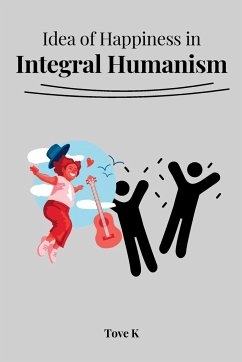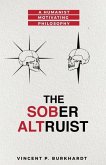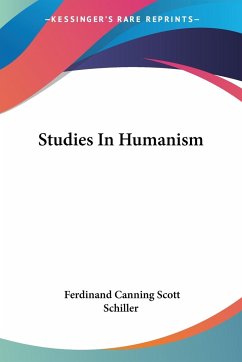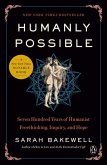Integral humanism is a philosophical approach that emphasizes the importance of the holistic development of human beings. It was first introduced by Deendayal Upadhyaya, an Indian philosopher and politician, who believed that individuals should strive for a harmonious balance between material progress and spiritual well-being. The idea of happiness is an essential aspect of integral humanism, as it is considered to be the ultimate goal of human life. According to Upadhyaya, true happiness can only be achieved by aligning oneself with the universal principles of dharma, or ethical and moral duties. This means that individuals must strive to live in a way that is in harmony with nature, society, and the divine. Tove K, a contemporary philosopher and scholar, has expanded upon Upadhyaya's ideas on the idea of happiness in integral humanism. K argues that true happiness is not merely a subjective feeling, but rather a state of being that is rooted in a deep understanding of oneself and one's place in the world. This understanding, she argues, can only be achieved through a process of self-discovery and self-transcendence. According to K, the integral humanist approach to happiness is based on three key principles: inner harmony, social harmony, and ecological harmony. Inner harmony refers to the need for individuals to cultivate a sense of peace and contentment within themselves, through practices such as meditation and self-reflection. Social harmony refers to the importance of building positive relationships with others, and contributing to the well-being of society as a whole. Ecological harmony refers to the need to live in a way that is sustainable and respectful of the natural environment. K argues that these three principles are interconnected, and that true happiness can only be achieved when all three are in balance. She also emphasizes the importance of a holistic approach to happiness, which takes into account not just individual well-being, but also the well-being of society and the planet as a whole. In conclusion, the idea of happiness in integral humanism is a complex and nuanced concept, rooted in the belief that true happiness can only be achieved through a holistic approach to life. Tove K's work has expanded upon these ideas, emphasizing the importance of inner harmony, social harmony, and ecological harmony in achieving true happiness. Ultimately, the integral humanist approach to happiness is one that seeks to balance material progress with spiritual well-being, in order to create a more harmonious and sustainable world for all.








